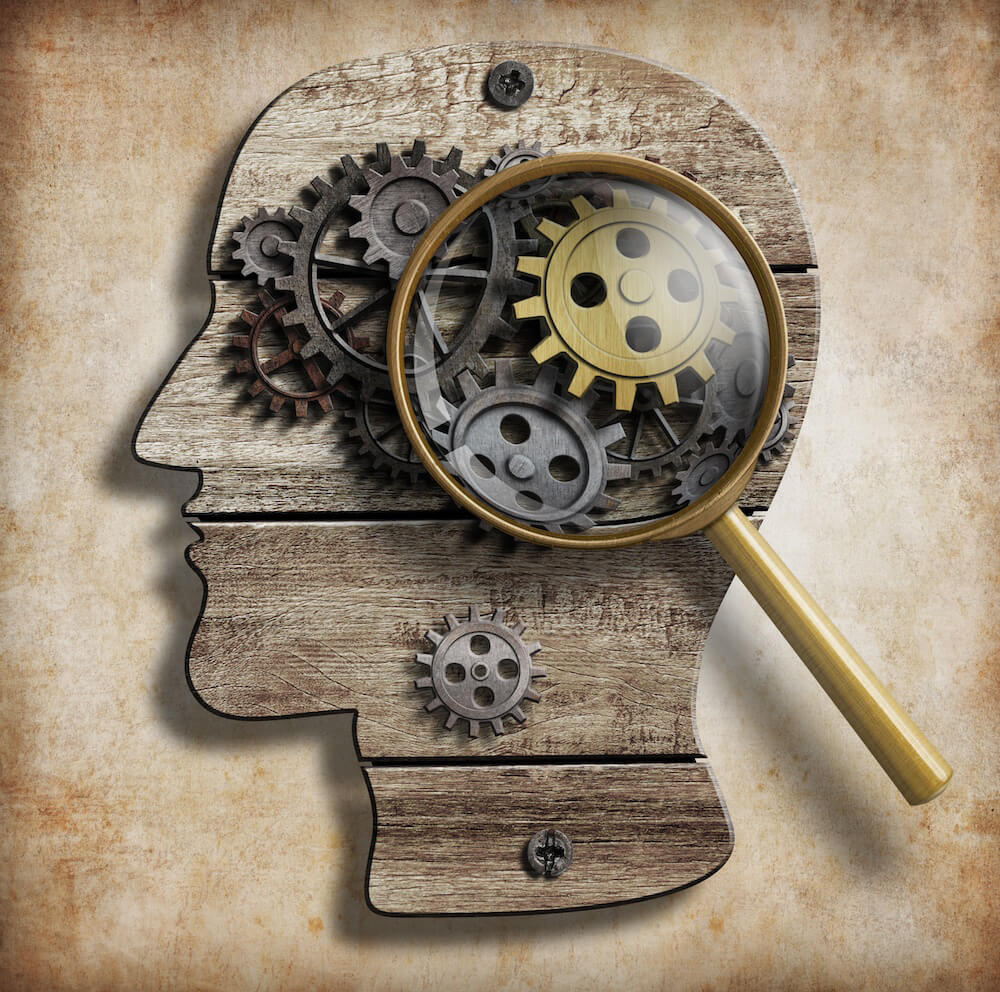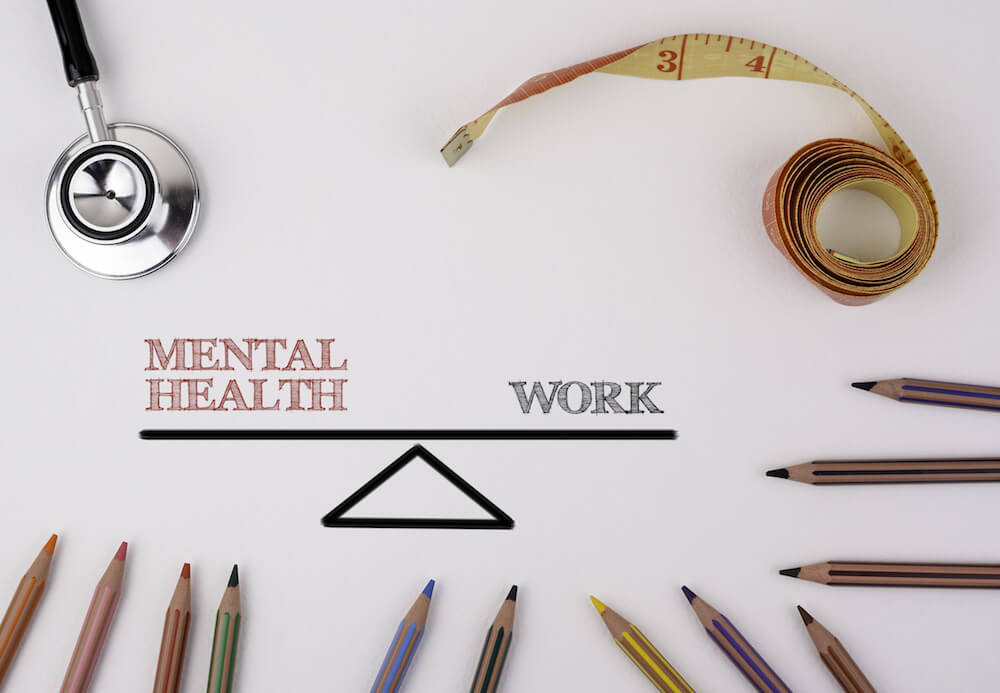
Mental illness can have just as powerful an effect on a worker’s ability to perform as a physical disability, but with the added complication of generally not having an obvious visual element, such as a broken leg.
For a disability case manager, or any observer, understanding the severity of a mental illness and the implications for work is a difficult task often better suited for mental illness experts. Any mental illness may qualify a worker for benefits, depending on their plan and the extent to which it affects their work. You may find this list of common mental illnesses to be a useful resource in understanding how to manage such cases.
Depression
Depression can have a major impact on the state of a person’s mental health. Among the symptoms, which can present between mild to severe, are losing interest or pleasure in activities, appetite loss, difficulty sleeping, fatigue and thoughts of death or even suicide.
There are many ways that depression might be accommodated in the workplace while an employee is in the recovery process. Flexible work hours can help manage absenteeism, increasing natural lighting can aid concentration, and reducing tasks can improve fatigue.
Ultimately, a leave of absence may be required to allow the employee to recover enough to be able to work at all, and they may be eligible for disability benefits to offset that financial burden.
Bipolar Disorder
Bipolar disorder is an illness that sees a person go through severe mood shifts, from periods of mania to depression. Symptoms that can interfere with work present during manic periods include distractibility, increased or excessive engagement in risky behaviours or goal-directed activities, with depressive episodes featuring symptoms outlined in the previous section.
As with depression, a number of accommodations may be made to lessen the impact. A worker with bipolar disorder may be eligible for disability benefits, but a proper diagnosis is crucial, especially because the severity and frequency of the mood shifts can vary.

Anxiety Disorder
Anxiety disorders cover a range of more specific conditions. Phobias are fears around things or situations intense enough to seriously impact quality of life. Panic disorder triggers panic attacks for seemingly trivial or no reasons at all. Those with social anxiety disorder have persistent fears around social situations, worrying that they’ll act in an embarrassing or humiliating way.
Depending on the condition and severity, concluding that an anxiety disorder makes someone eligible for disability benefits is a complicated process that should involve medical professionals with specific expertise. Anxiety disorders can develop over time, and shouldn’t be mistaken for more common fears or shyness.
Addiction
Many people might think of addiction in terms of illegal drugs, but addiction can involve a compulsion toward many substances — even behaviours, like gambling. It can be hard to spot in the workplace, but signs include increased absences, lateness, longer breaks, changes in appearance and attitude, and an upswing in errors.
A worker suffering addiction may be eligible for disability benefits through their insurance plan. If they are, the terms of the plan may require that the person participate in a treatment program in order to receive them.
Getting the Right Diagnosis
As mental illnesses can be invisible, with many of the symptoms mistaken for more common behaviours or personality traits, a correct, reliable diagnosis is critical. For any case involving mental illness, getting assurance on the diagnosis may mean obtaining an outside, unbiased perspective to help understand confusing or vague circumstances.
An independent medical assessment (IME) can provide that clarity. If you’d like to know how an IME can help in a disability case, reach out to Western Medical Assessments. We have access to a network of seasoned mental illness experts who are experienced in being that extra line of assurance. Employees who are remote from major centres may benefit from the convenience of our psychiatric tele-IMEs in which there is a secure video link between the employee and the psychiatrist.
Want more content just for disability insurers?

